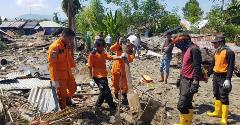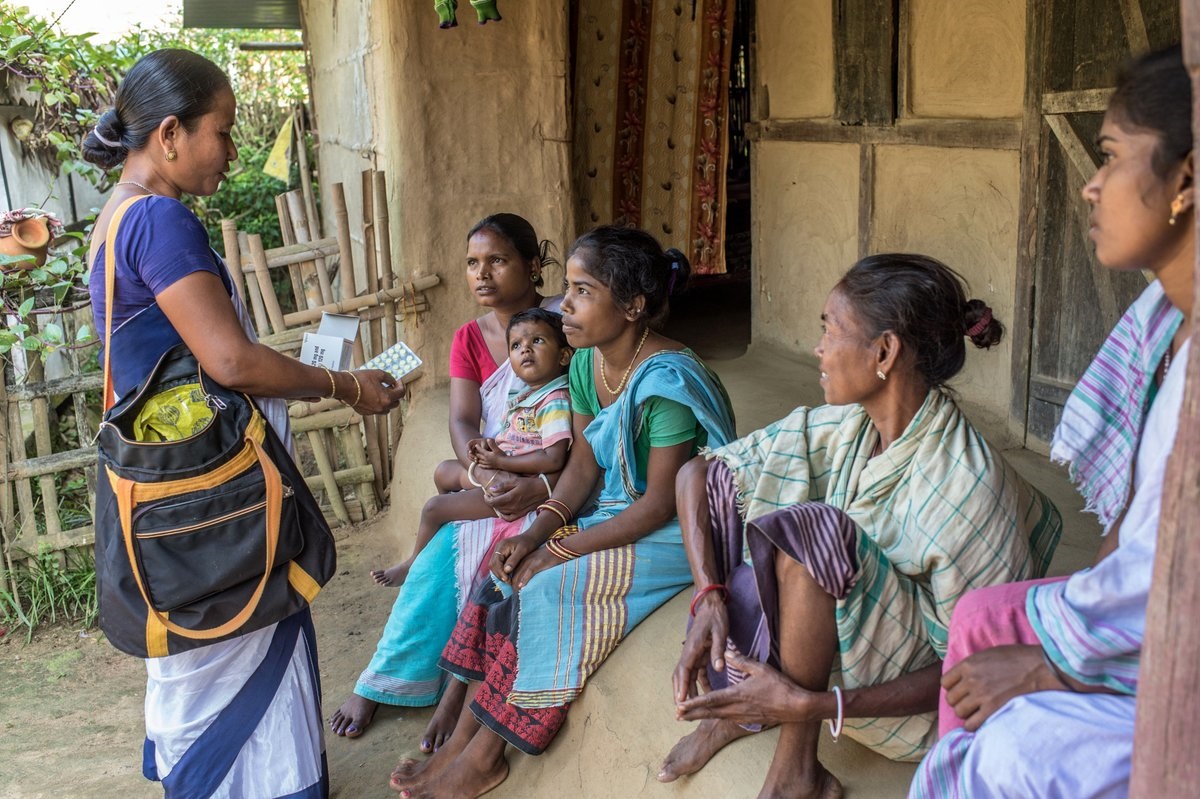Emergency Operations

Ensuring WHO readiness for emergencies
World Health Organization, Regional Office for South-East Asia continues to provide strategic, technical, and operational support to Member States in responding to emergencies ensuring all countries and partners are prepared for and can prevent, detect, and respond to health emergencies. The WHE programme became active in August 2016 with the adoption of the Incident Management System (IMS) and operational partnership development being two of the key organizational approaches to manage emergencies. The Regional Office supports and facilitates implementation of incident management system for emergency response operations in affected countries for effective and efficient management of emergencies in the Region.
The Emergency Operations (EMO) unit of the WHO Health Emergencies Programme, South-East Asia Region (SEAR), since its inception in 2017,has been providing unstinted support to Member States to scale-up readiness and respond to public health emergencies ranging from natural hazards and adverse climate changes, emerging and re-emerging diseases including zoonoses, unplanned urbanization, deteriorating air and water quality, looming threats of unexpected Chemical, Biological and Radionuclear (CBRN) events amidst the growing socio-political tensions and to complex emergencies that resulted out of civil conflicts. The EMO unit contributes to reducing the mortality and morbidity of affected populations by strengthening operational readiness. Some of the critical areas of EMO activities include Health Emergency Operations Centres, Emergency Medical Teams, Health Cluster Coordination, Global Outbreak Alert and Response Network, Operations Support and Logistics, and Migration and Refugee health.
Responding to Health Emergencies

A nurse helps a patient with her IV at outside an emergency room due to an overflow of Covid-19 patients at a hospital on July 2, 2021 in Semarang, Central Java, Indonesia
Operational Partnership
Focus Areas
Publications
Useful Tools
Related links
Contact Information
Emergency Operations
World Health Organization
Regional Office of South-East Asia
Email: [email protected]






